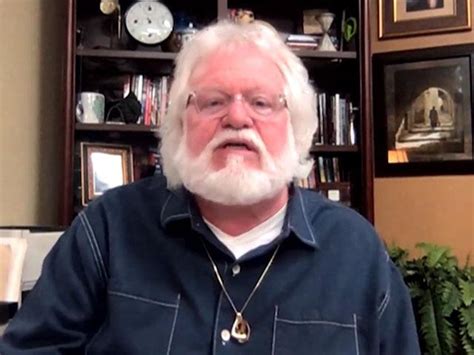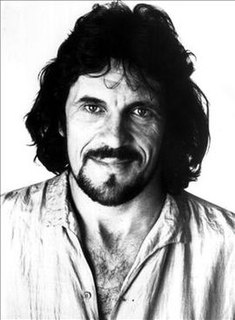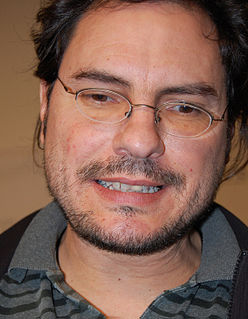A Quote by Takashi Miike
In Japan, violence isn't as controversial as it is in the West. Pornography is more restricted, but it's not hard to make a crazy, extremely violent film.
Quote Topics
Related Quotes
The pornography of violence of course far exceeds, in volume and general acceptance, sexual pornography, in this Puritan land of ours. Exploiting the apocalypse, selling the holocaust, is a pornography. For the ultimate selling job on ultimate violence one must read those works of fiction issued by our government as manuals of civil defense, in which you learn that there's nothing to be afraid of if you've stockpiled lots of dried fruit.
Victory attained by violence is tantamount to a defeat, for it is momentary.It is better to be violent, if there is violence in our hearts, than to put on the cloak of nonviolence to cover impotence. Violence is any day preferable to impotence. There is hope for a violent man to become non-violent. There is no such hope for the impotent.
The Kingdom suffers violence and the violent take "IT" by force! I believe the Lord is requiring our worship to become more violent. Kingdoms are clashing. We, a people of God, will take the earth by forceful worship. Violent worship overcomes violence in the natural, because the atmosphere around us changes.
I cannot believe that violence depicted onscreen actually causes people to act out violently. That's oversimplifying the issue. If somebody commits a violent act after seeing violence in a movie, I think the question that needs to be asked is: would that person still have committed the act if he had not seen a violent film?
When I was writing the script, I knew didn't want to make a sports movie. I was very clear that I wanted to make a sibling rivalry story. So when I was writing the script, the football was getting in the way of the drama. One day, I saw Michael Haneke's Funny Games, which is probably the most violent film I've ever seen - but the violence is off camera. When I finished watching the film, I said, 'Hey, that's what I have to do.' Haneke gave me this solution.
...people think non-violence is really weak and non-militant. These are misconceptions that people have because they don't understand what non-violence means. Non-violence takes more guts, if I can put it bluntly, than violence. Most violent acts are accomplished by getting the opponent off guard, and it doesn't take that much character, I think, if one wants to do it.
One [paradox] is that pornography follows in that wake of women's liberation. The first instances of hard-core pornography were in late 18th-century in France, "the Golden Age of Women." The next wave in the 20th century comes from Sweden, one of the first countries where women voted. Then Germany, again, at the forefront of progress. Then America in the '80s, when women were closing the pay gap. And Japan, same thing.




































